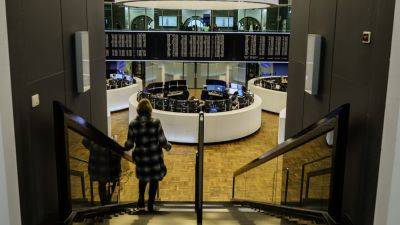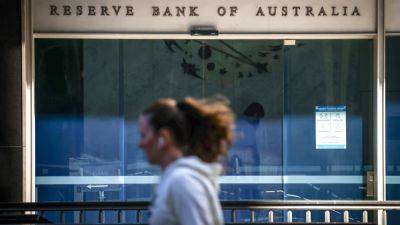Major central banks reached a pivotal point this week. Here's what happened — and what's next
Central banks around the world reached a pivotal point this week, with Switzerland becoming the first major economy to cut interest rates and the Bank of Japan hiking for the first time in 17 years.
Markets are still trying to assess when most of the world's most influential central banks will begin to unwind the tight monetary policy stances they have adopted over the last two years in a bid to tame sky-high inflation.
The Bank of Japan is an outlier, having maintained negative interest rates for 17 years in order to stimulate a stagnant economy and boost inflation. That experiment, along with its unconventional policies of yield curve control and qualitative and quantitative easing, finally ended on Tuesday.
Japan is expecting a spike in wages following ongoing negotiations between unionized employees and Japan Inc, which refers to the country's highly centralized economic system. BOJ policymakers expect these higher salaries to fuel domestic demand and, in turn, further rises in inflation.
Tomoya Masanao, co-head of Pimco Japan, said the medium- to long-term implications of the shift could be more significant than markets anticipate, with the key question being where Japanese inflation rates will stabilize post-pandemic.
"Though the BOJ reiterated its commitment to the 2% inflation target, it is improbable, in our view, that the BOJ will maintain its accommodative monetary policy indefinitely to solidly achieve its 2% target," Masanao said.
"The BOJ's medium-term policy adjustments will likely involve both balance sheet reduction and interest rate hikes. Despite the potential headwinds from a global economic slowdown and rate cuts from other major central banks, the BOJ is poised to reduce its extraordinarily large balance





